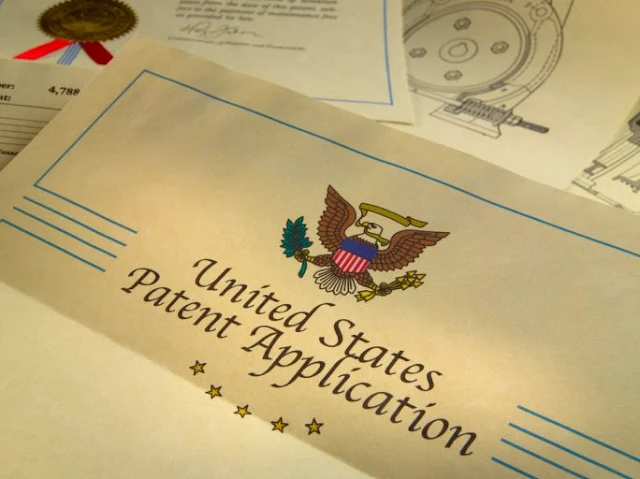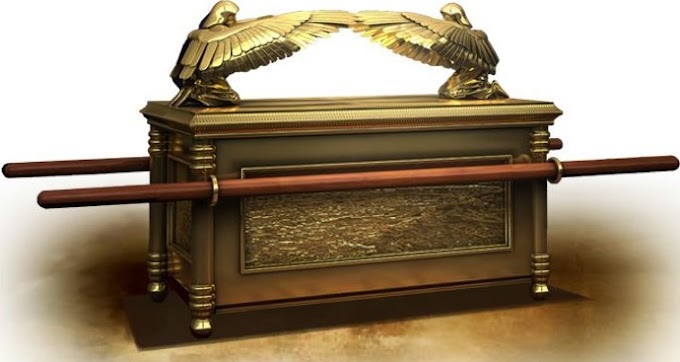How to Apply for a Patent for an Invention
 |
| How to Apply for a Patent for an Invention |
How to Apply for a Patent for an Invention If you've invented something new and innovative, you may want to consider applying for a patent to protect your idea from being stolen or used without your permission.
A patent gives you the exclusive right to make, use, and sell your invention for a certain period, usually 20 years from the filing date. Here's a step-by-step guide on how to apply for a patent for your invention.
Step 1: Determine if your invention is eligible for a patent
Not all inventions are eligible for a patent. To be eligible, your invention must be new, useful, and non-obvious. It must also fall into one of the following categories: a process, a machine, a manufacture, or a composition of matter. If you're unsure if your invention meets these criteria, you may want to consult a patent attorney or agent.
Step 2: Conduct a patent search
Before you file a patent application, conducting a patent search is a good idea to ensure that no one else has already patented a similar invention. You can conduct a search on the United States Patent and Trademark Office (USPTO) website or hire a professional search firm to conduct the search for you.
Step 3: Prepare and file a patent application
Once you've determined that your invention is eligible for a patent and conducted a patent search, it's time to prepare and file a patent application. You can file a patent application online using the USPTO's electronic filing system (EFS). The application must include a detailed description of your invention and any drawings or diagrams necessary to understand your invention.
Step 4: Wait for the patent examiner to review your application
After you've filed your patent application, a patent examiner at the USPTO will review your application to determine if your invention meets the criteria for a patent. This process can take several years, depending on the complexity of your invention and the backlog of patent applications.
Step 5: Respond to any office actions
During the patent examination process, the examiner may issue an office action or a written document outlining any issues or objections to your patent application. You can respond to the office's action and address any issues or objections.
Step 6: Receive your patent
If your patent application is approved, you'll receive a certificate that gives you the exclusive right to make, use, and sell your invention for 20 years from the filing date. You'll need to pay maintenance fees to keep your patent in force.
In conclusion, applying for a patent for an invention can be a complex and time-consuming process, but it's worth it if you want to protect your idea and have the exclusive right to profit from it. If you're not sure how to proceed, consider consulting with a patent attorney or agent who can guide you through the process.
Can you explain the difference between a patent attorney and a patent agent?
Yes, a patent attorney and a patent agent are professionals who can help you with obtaining a patent for your invention, but there are some key differences between the two.
A patent attorney is a licensed lawyer registered with the United States Patent and Trademark Office (USPTO) to practice patent law. This means a patent attorney can provide legal advice, draft and file patent applications, prosecute patents, and represent clients in patent litigation. In addition to a law degree, a patent attorney must also pass the USPTO's patent bar exam.
On the other hand, a patent agent is a professional registered with the USPTO to help inventors prepare and file patent applications. A patent agent can provide technical advice on patent issues and draft and file patent applications, but they cannot provide legal advice or represent clients in court.
The main difference between a patent attorney and a patent agent is that a patent attorney can provide legal advice and represent clients in court, while a patent agent cannot. However, both professionals are qualified to help inventors navigate the complex process of obtaining a patent and can provide valuable guidance and support.
Can a patent agent work for a law firm?
Yes, a patent agent can work for a law firm. In fact, many law firms hire patent agents to help prepare and file patent applications, as well as other patent-related tasks.
While a patent agent is not a licensed attorney and cannot provide legal advice or represent clients in court, they have specialized technical knowledge and expertise in patent law. They can assist attorneys in the patent application process. Patent agents can work alongside patent attorneys in law firms to support and assist clients seeking to obtain or protect their patents.
It's worth noting, however, that some law firms may prefer to hire patent attorneys rather than patent agents, as patent attorneys are licensed to provide legal advice and can represent clients in court if needed. However, hiring a patent agent or attorney ultimately depends on the law firm's and its clients' needs.









In the article that you have any questions please let me know